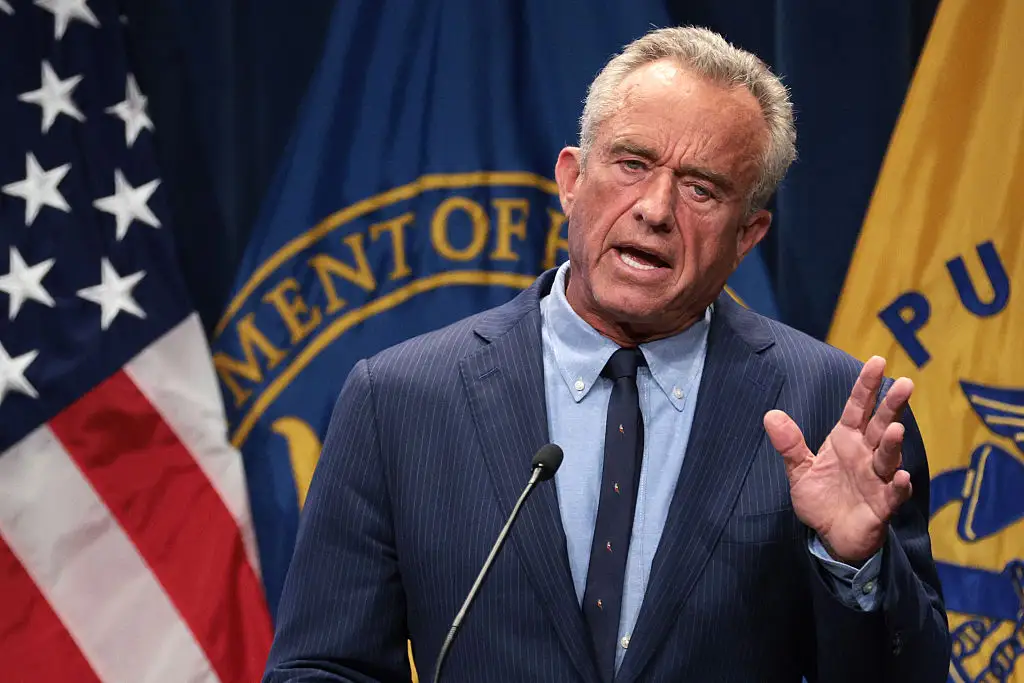In a major policy shift, Health and Human Services Secretary Robert F. Kennedy Jr. has ordered the termination of 22 federally funded mRNA vaccine development contracts, valued at nearly $500 million. These projects, overseen by the Biomedical Advanced Research and Development Authority (BARDA), included efforts targeting COVID-19, influenza, and other respiratory viruses, as well as promising research partnerships with leading institutions and companies.
Official Justification
Kennedy stated the decision was based on expert consultations and data indicating that mRNA vaccines have limited effectiveness against upper respiratory infections and could contribute to viral mutations. He emphasized that federal funding will now be redirected toward alternative vaccine platforms that may provide broader and more durable protection.
Backlash from the Scientific Community
The move has sparked widespread criticism from public health experts, who warn it could undermine national preparedness for future pandemics. Scientists have voiced concern that the cuts will derail crucial research on diseases such as HIV and cancer, potentially costing lives in the long run. Many have described the decision as “dangerous” and out of step with scientific evidence.
Mixed Messages from Leadership
Adding to the controversy, National Institutes of Health Director Jay Bhattacharya suggested that declining public trust—rather than scientific limitations—was the primary reason for scaling back mRNA vaccine work. This difference in messaging between top health officials has fueled confusion over the true motivations behind the policy.
Selective Support for mRNA Technology
Despite the cuts to vaccine programs, Kennedy has signaled continued support for mRNA applications in other areas, particularly cancer therapies. This selective approach leaves open questions about how the government will balance innovation with public concerns over emerging biotechnology.
Potential Impact
- Reduced Pandemic Readiness: Limiting mRNA investment could slow rapid-response capabilities during future outbreaks.
- Research Disruptions: Promising vaccine candidates may be delayed or abandoned.
- Shift in U.S. Biotech Leadership: Reduced funding could open the door for other nations to take the lead in mRNA-based medical innovation.
- Public Health Risks: Long-term consequences may include fewer options for combating fast-evolving viruses.
The cancellation marks one of the most significant reversals in U.S. vaccine policy in recent years, signaling a broader ideological and scientific shift in how the federal government approaches pandemic preparedness and biotechnology funding.















Leave a Reply